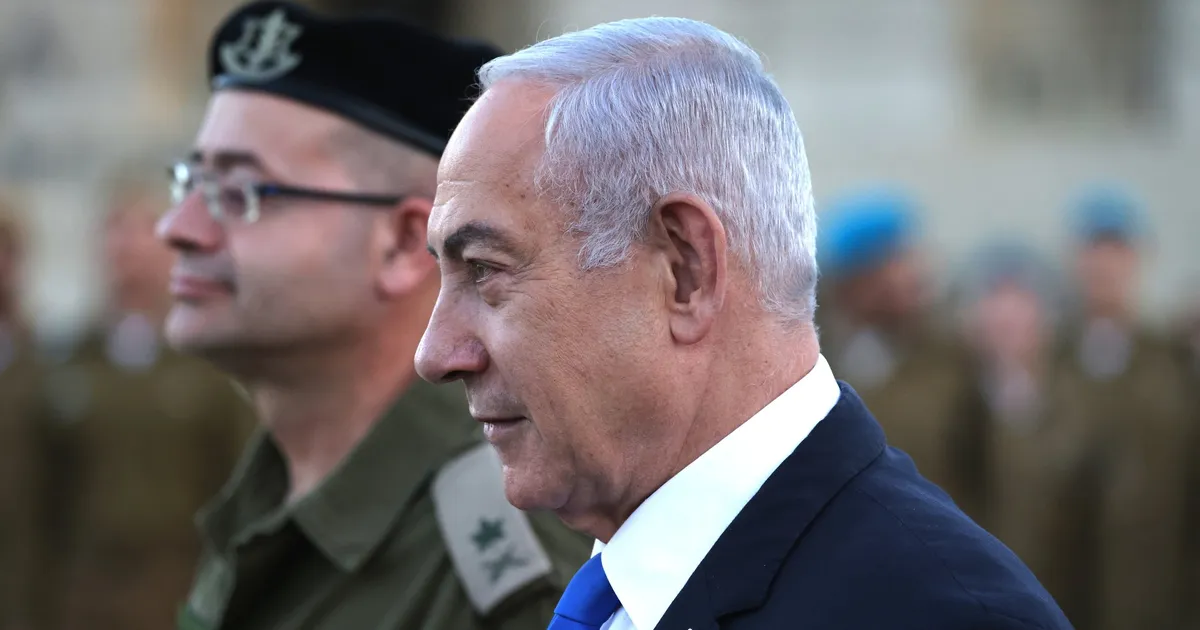The Israeli government is facing intense scrutiny following the arrest of a spokesperson, Eli Feldstein, who is accused of leaking sensitive information that may have jeopardized hostage negotiations with Hamas.
This development has prompted outrage from families of the hostages, particularly from Einav Zangauker, whose son has been held for over a year. She condemned the government’s actions as a “cynical deception operation,” suggesting that the leaked stories served to undermine negotiations for a ceasefire and hostage release.
The leaked documents allegedly contained false or misleading information, including claims that Hamas planned to smuggle hostages to Egypt. These reports were disseminated to European media outlets such as Britain’s Jewish Chronicle and Germany’s Bild, raising concerns about their potential impact on ongoing negotiations.
Despite the gravity of the situation, Prime Minister Benjamin Netanyahu has denied any wrongdoing by his staff, though opposition leaders have accused the government of sabotaging efforts to secure the hostages’ release.
Following the initial reports, the Israeli Defense Forces (IDF) launched an investigation, which led to the arrests of Feldstein and three others linked to military intelligence. This prompted strong reactions from opposition politicians.

Israeli Government Faces Backlash After Arrest of Spokesperson for Leaking Sensitive Hostage Negotiation Information
Benny Gantz, a former member of Netanyahu’s war cabinet, characterized the misuse of sensitive security information for political gain as not only a criminal offense but also a “crime against the nation.” Meanwhile, opposition leader Yair Lapid claimed that if Netanyahu was aware of the leaks, he would be complicit in serious security violations; if not, he would be unfit for office.
The media’s role in the scandal has also come under fire, particularly after the Jewish Chronicle retracted articles based on unverified claims from an anonymous source. The fallout led to the resignation of several prominent journalists from the publication, who criticized its editorial standards. In response to the backlash, the Jewish Chronicle acknowledged that it had not satisfied its own criteria for accuracy, leading to an internal investigation and the termination of the freelance writer responsible for the controversial pieces.
Despite the growing scandal and public outcry, experts believe Netanyahu’s government is unlikely to collapse. His coalition remains intact, bolstered by far-right and religious parties, and he continues to assert that he is a victim of political machinations.
The ongoing crisis, including the arrest of government officials, has only deepened the rift between the administration and the families of the hostages, who feel increasingly frustrated by the government’s handling of the situation. The unfolding events illustrate a complex interplay between political maneuvering, media integrity, and the desperate plight of families waiting for the safe return of their loved ones.











































